The Butterfly Effect in Action - 5 Real Cases That Changed the Course of History
Categories: History
By Pictolic https://pictolic.com/article/the-butterfly-effect-in-action-5-real-cases-that-changed-the-course-of-history1.htmlSometimes a small and seemingly meaningless decision can change everything. Some of the most significant historical moments in the past depended on such decisions. One move, one word, or one wrong turn can set off a chain of events that changes the course of history.
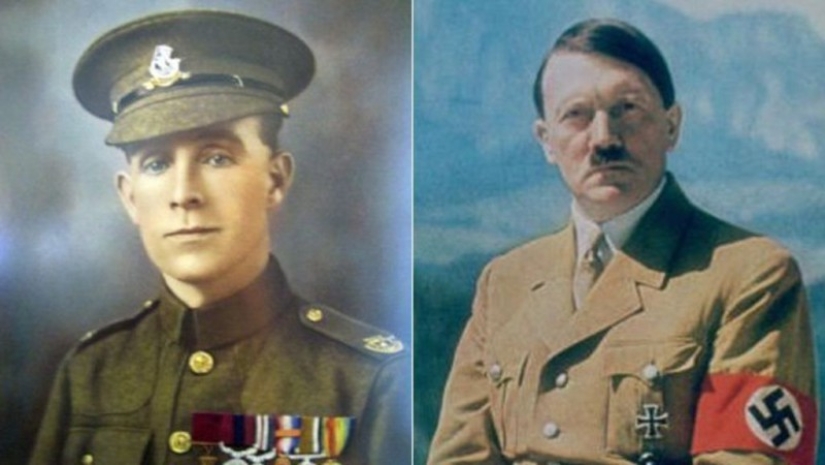
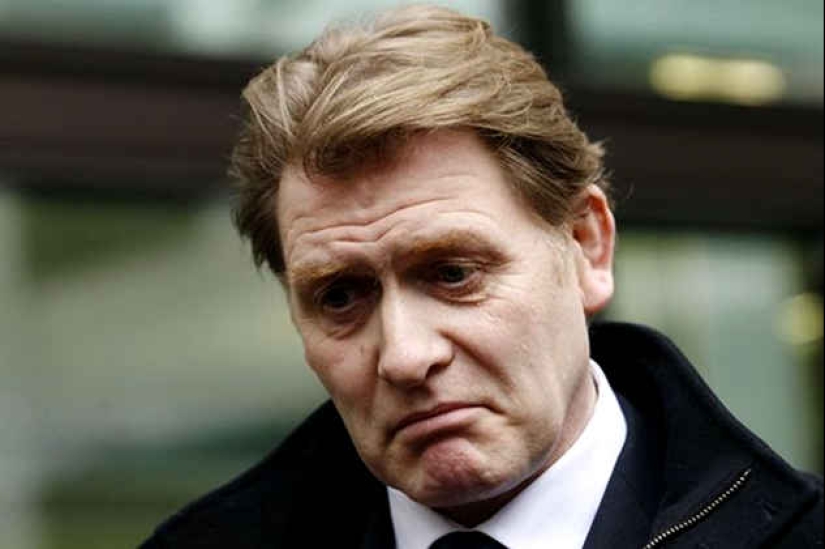
When Britain voted to leave the European Union, the world was dismayed. However, it all started in one small London pub called Stranger's. It was there in 2012 that Labor MP Eric Joyce got drunk and used his fists. It ended with the MP being arrested and another Labor member taking his place in Parliament.
Joyce's drunken brawl set off the subsequent chain of events. The Labor Party was accused of selling seats in Parliament. To restore its reputation, party leader Ed Miliband allowed anyone to become a member for £3. Thousands of people did so, and then voted for a new leader - Jeremy Corbyn. Corbyn wouldn't have had those votes without changing the entry fee, but he's the one many people blame for Brexit. The UK is moving away from the EU because a drunk man once started a brawl in a bar.
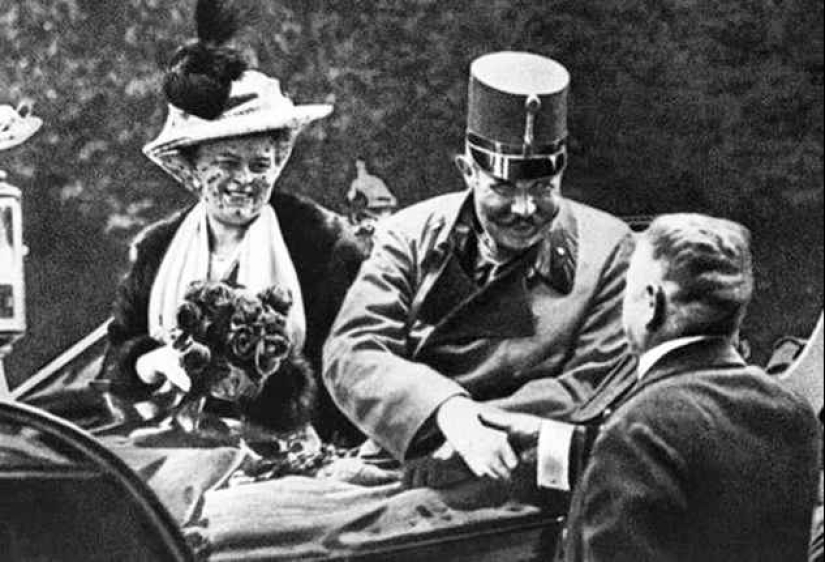
Actually, it was this murder that served as the beginning of the First World War. And this would not have happened if the Archduke's driver had checked the map. Ferdinand was having a bad day, and he was not greeted favorably in Sarajevo. First the bomb went off, but a little earlier, killing the Archduke's entourage. He probably should have taken this as a sign that it was time to return home, but Ferdinand still decided to visit the wounded in the hospital. However, his driver, unfamiliar with the route, made a mistake and turned the car onto the street where Gavrilo Princip was near the cafe, who did not miss the moment and shot at the Archduke.
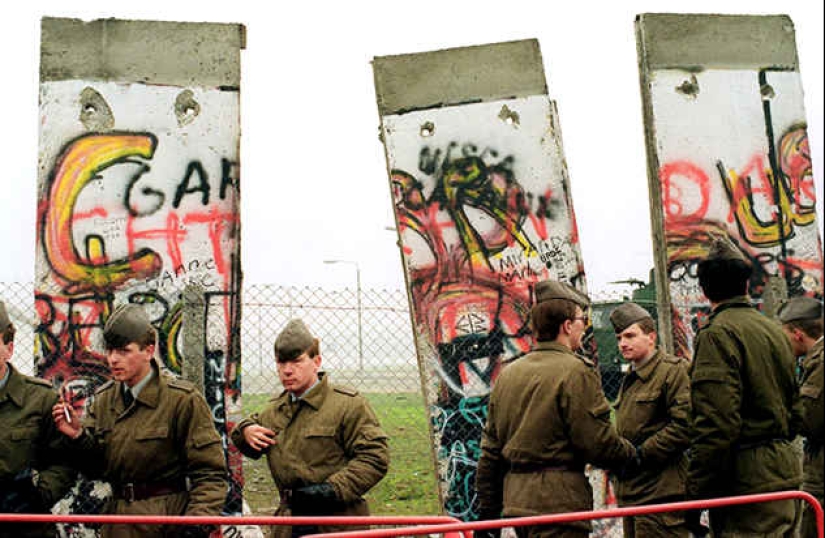
And all this happened because the communist Günther Schabowski made a mistake. On November 9, 1989, he was given a document with information about the new access system. As a temporary measure, it was planned to give East Germans the right to visit West Berlin with permits. However, not everything was clearly spelled out in the document, so Schabowski voiced the information ambiguously. The Germans decided that crossing the border was only possible with passports and at any time. When one reporter asked when the new rule went into effect, Schabowski looked at the document and, finding no answer, said, “Immediately.” People immediately stormed the wall and tore it down brick by brick.
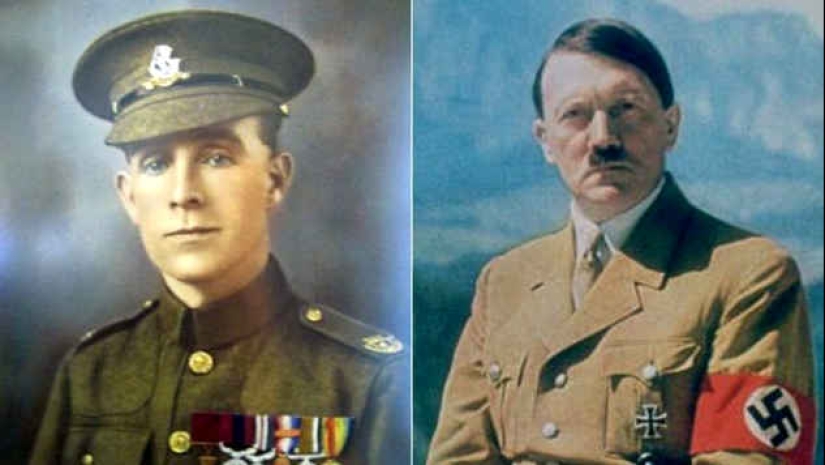
In 1918, Henry Tandy fought in France. Once he decided to spare one soldier - and because of this, more than 60 million people died. At the Battle of Markoning, the Germans began to lose ground. Tandy took aim at the fleeing German, but the man was wounded and he couldn't bring himself to pull the trigger, so he let the German soldier walk away, and he even nodded in gratitude. Henry Tandy's face later appeared on a propaganda poster, and twenty years later this British poster appeared in the country house of Adolf Hitler.
When Neville Chamberlain visited Hitler and saw the poster on the wall, he asked about the reason for its appearance. Hitler replied: “This is the man who almost shot me.” The story is so incredible that one might doubt its authenticity, but there is strong evidence nonetheless. There is a letter from Hitler's aide, written in 1937, thanking him for sending a poster for the Fuhrer. As it turned out, Hitler was very interested in things related to his own war experiences.
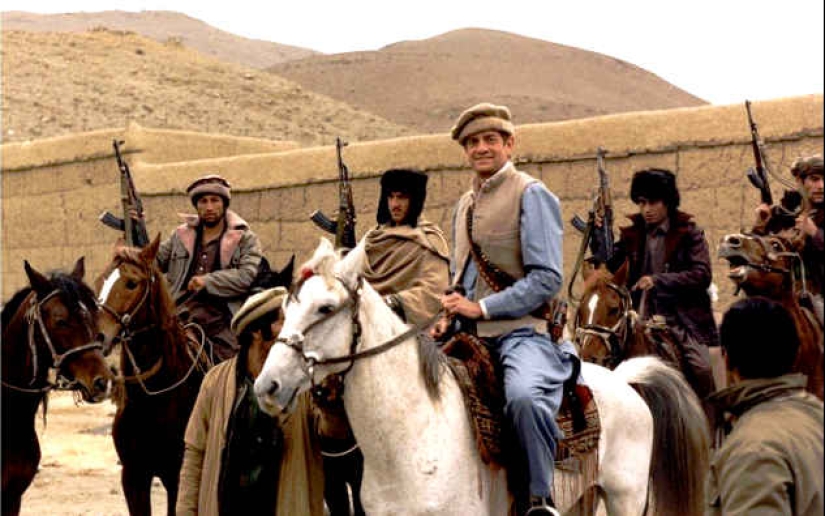
In 1933, Texas city councilman Charles Hazard killed a neighbor's dog that regularly went to the toilet in his flowerbeds. Hazard simply added crushed glass to the dog's food. The dog that died belonged to 13-year-old Charlie Wilson, and the teenager vowed revenge. The boy went around the neighborhood and told everyone what the city councilman had done to his dog, and as a result, Hazard lost the next election.
So Charlie Wilson changed politics for the first time in his life. He grew up to become a representative of Congress, and when the Afghan Intervention War began, Wilson changed history. He campaigned for American aid for the Afghans, turning the tide of the war, which was eventually won by the Afghan mujahideen. This is how the Taliban and al-Qaeda were formed and Osama bin Laden was born. The modern era of terrorism has begun. And all because a city councilor killed a dog.
Recent articles

It's high time to admit that this whole hipster idea has gone too far. The concept has become so popular that even restaurants have ...

There is a perception that people only use 10% of their brain potential. But the heroes of our review, apparently, found a way to ...

New Year's is a time to surprise and delight loved ones not only with gifts but also with a unique presentation of the holiday ...